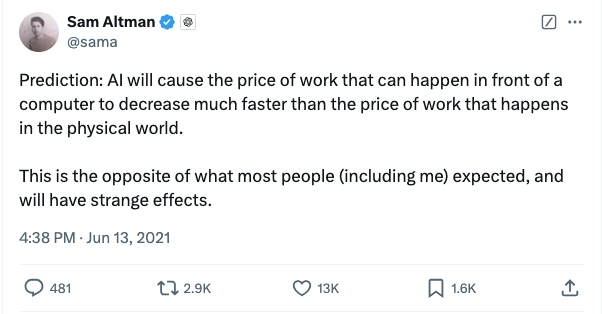‘Glass’ ‘kills’ ‘Privacy’
Google Glass arrived on general release in the UK last week. This is a bit of a non-event for serious tech comment as it has been available to explorers in other parts of the world and developers for some time. I took the opportunity to grab a set for use at the office where we think they could be very interesting when used with WebRTC in a couple of applications we are developing.
The mainstream Press need a story about these quirky looking devices though and the only feature most of them have homed in on, the camera, is nothing new. Wearable cameras have been around for a very long time and Glass in it’s current form is a spectacularly bad tool for a user with covert photography in mind. It is way too obtrusive and better options are currently on sale for this purpose.
The ICO made a fairly balanced blog posting which has then been quoted by at least one newspaper under the headline “Google Glass ‘could breach Data Protection Act’”. The quote marks are important, as behind them the reality is that the Data Protection Act has got nothing to do with photographs and videos taken for personal use in a public place. In any case, the ICO can’t enforce existing laws they are tasked with upholding which fix very real problems. They will probably be the last folks asking to take on the job of regulating the use of wearables (if that were even possible).
Glass is the clunky “Release 1.0” manifestation of an exciting new group of wearable packages that will change for the better the way that we use technology. Raging against this about is a bit less relevant than Ned Ludd and his colleagues were back in the early 1800s. Back then they at least had something of a point about the real personal impacts of industrial mechanisation, it was just a bit naive to think that the industrial revolution could be stopped by smashing up a few looms. Wearables on the other hand are just a better “always on hand” way of interacting with technologies most of us are pretty comfortable with.
As for the bar owners that want to ban Glass and presumably the other more refined wearables which will come after it, Good on you. I’m sure some of your customers right now will think that this is a good idea. In a few years though this will look as quaint and pointless as the folks who wanted mobile phones banned in the 80s!
The BBC quote from Waterstones is I think the best comment I’ve seen about the practical implications of the current incarnation of Glass: “As a bookshop it is difficult to see how Google Glass eyewear could cause us or our customers any difficulty beyond, of course, some mild ridicule.”
So is Glass the end of privacy as we know it, a really promising tool for some applications, or just the wearable equivalent of the Sinclair C5?




